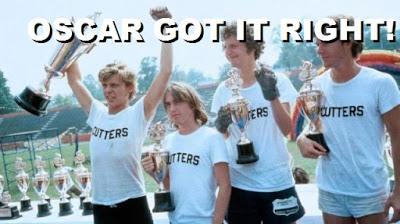Ballad of a Soldier
La Dolce Vita
General della Rovere
Lover Come Back
Splendor in the Grass (winner)
What’s Missing
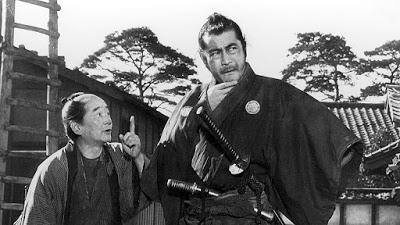
1961 is one of “those” years where it seems like all of the good screenplays were adapted rather than original. It says something when, in the early ‘60s, three of the five nominees are not in English. It says even more than the movies I have to suggest here are all not in English as well. We can start with Divorce, Italian Style, which wasn’t eligible technically in 1961. I know this because it won this Oscar for 1962. Chronicle of a Summer would be an interesting addition despite not having writers listed. Given a choice, there are two I think I’d like to see added to the mix. The first is Bergman’s Through a Glass Darkly, one of his darkest dramas. The second is Kurosawa’s Yojimbo, which, like Rashomon created something of a template.
Weeding through the Nominees
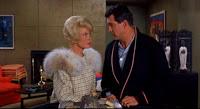
5. Lover Come Back was made to capitalize on the success of Pillow Talk from a few years earlier. Get the same two stars, put them in a romantic situation, and have Doris Day wear a lot of fashionable outfits (and horrifying hats in this case). I’ll grant that Doris Day and Rock Hudson had wonderful onscreen chemistry. I’ll even grant that this is an entirely watchable film. But it would take a great deal to get me to think that Lover Come Back was nominated for any reason other than preventing four out of the five nominees from being in a foreign language.
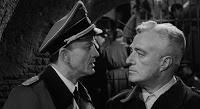
4. The best thing about General della Rovere is the question it asks. The central question of the film is the value of a human being, and that’s a conversation that is worth having. The problem is that it takes a very long time to get to it, and the process by which it goes there doesn’t always make sense. This is a good film and one worth seeing, but it’s far too slow and repetitive in the beginning. We get more or less the same thing over and over when the point has already been made. Too often it becomes Rossellini jumping up and down on a damp patch where a dead horse used to be.
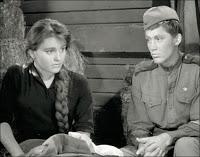
3. Sometimes, knowing the end at the beginning works. In a film like, say, Sunset Boulevard, knowing how it’s going to end lends a certain quality to the rest of the film. That’s true of Ballad of a Soldier as well, but I’m not sure it works as well. Watching this, I couldn’t help but think how much more tragic it would all have felt if we didn’t know the ultimate fate of the characters. Oh sure, it would feel like a punch to the guts, but there are times when that’s the right way to go. This was (I think) one of those times.

2. This blog has long had a feud with Federico Fellini. Line up the great directors of today and yesteryear, and he’s the one on whom I disagree with the critically elite. I think he’s self-indulgent without any artistic reason to be. And then we have La Dolce Vita, which has all of Fellini’s faults right on the surface and makes them virtues. The self-indulgence of Fellini becomes the self-indulgence of his characters, and that is what both drives them and ultimately begins to destroy them. It works almost in spite of itself.
My Choice
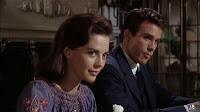
Final Analysis
